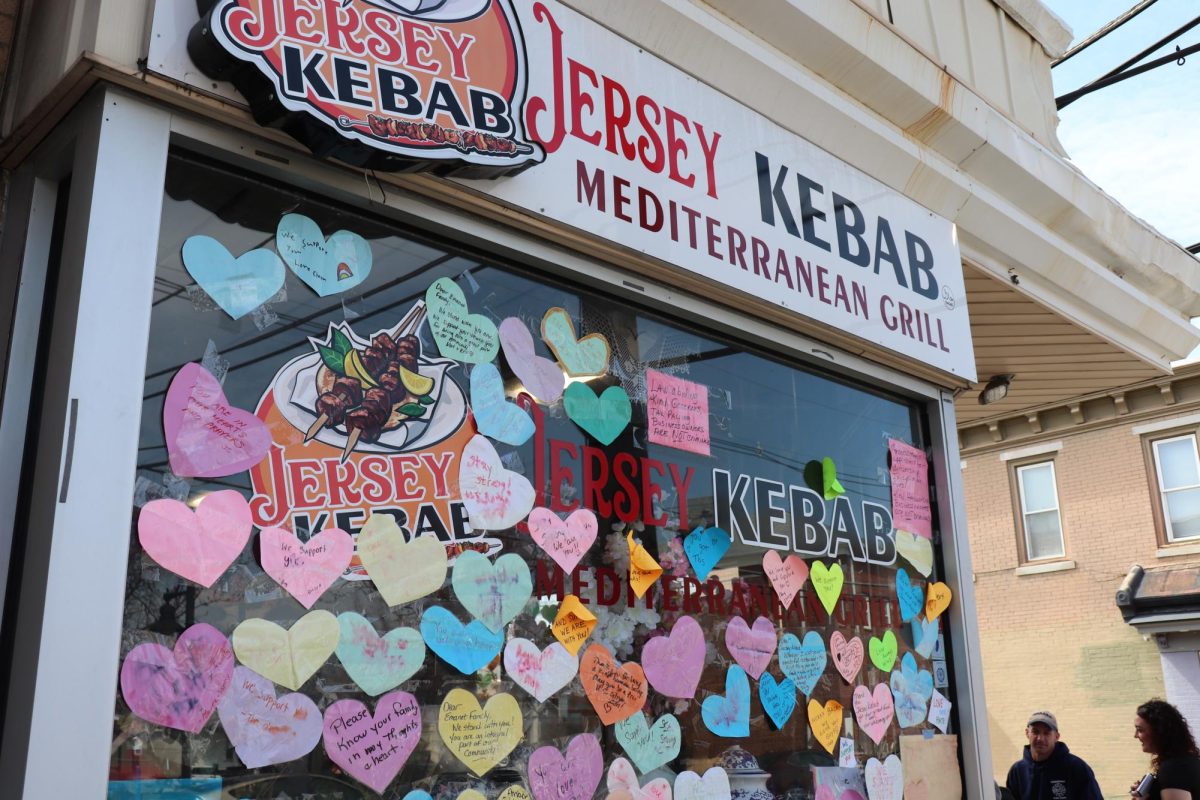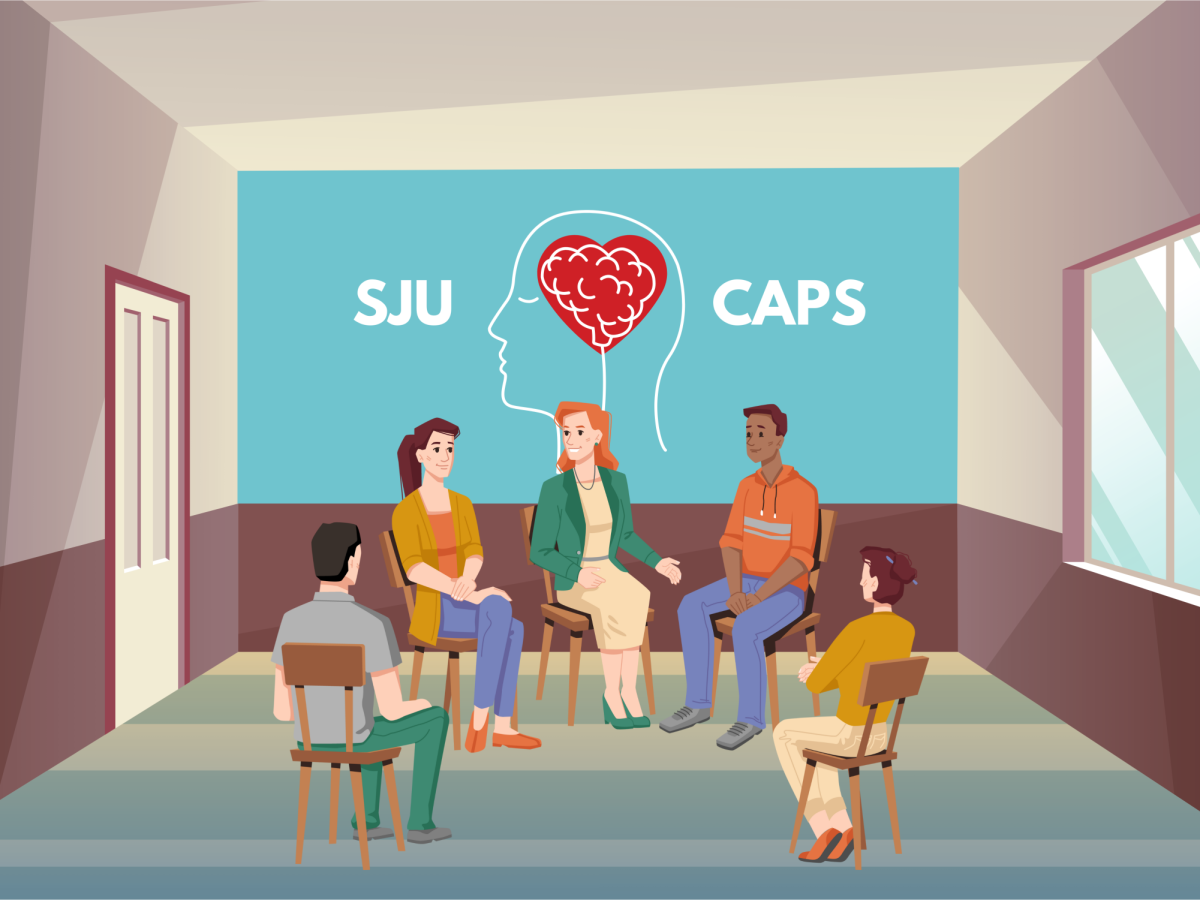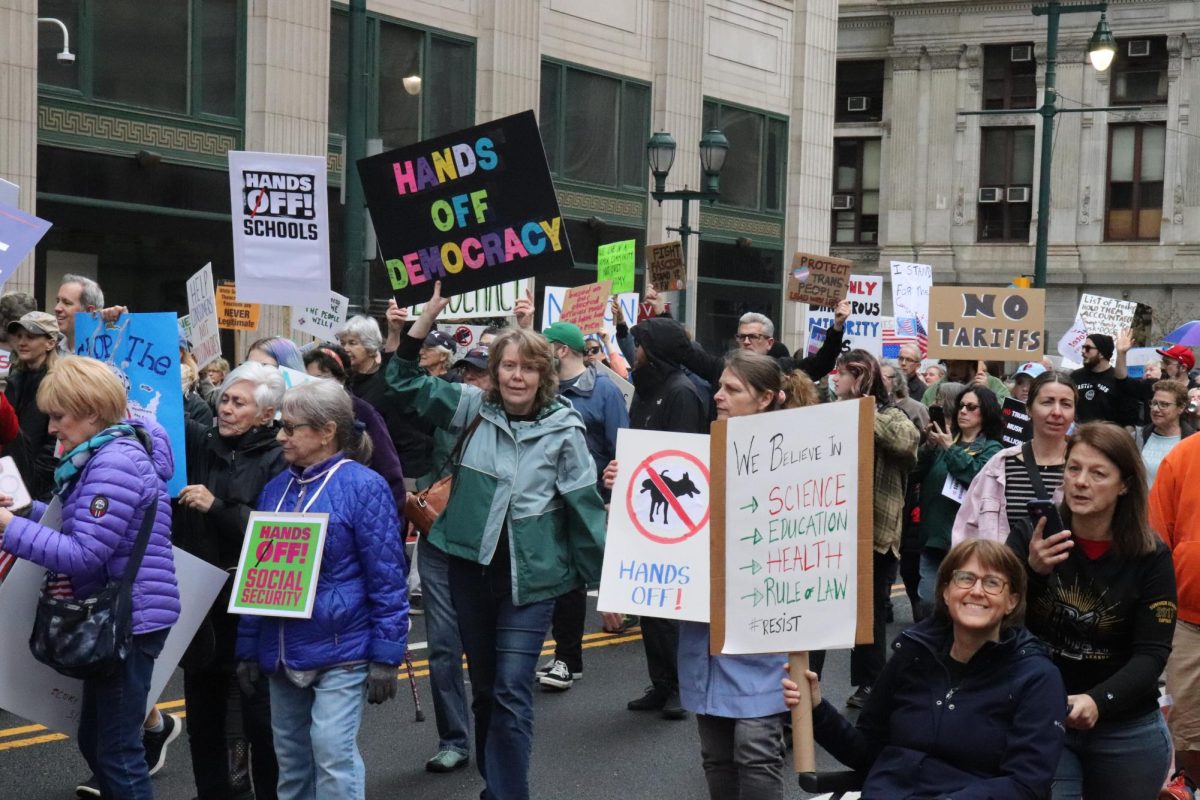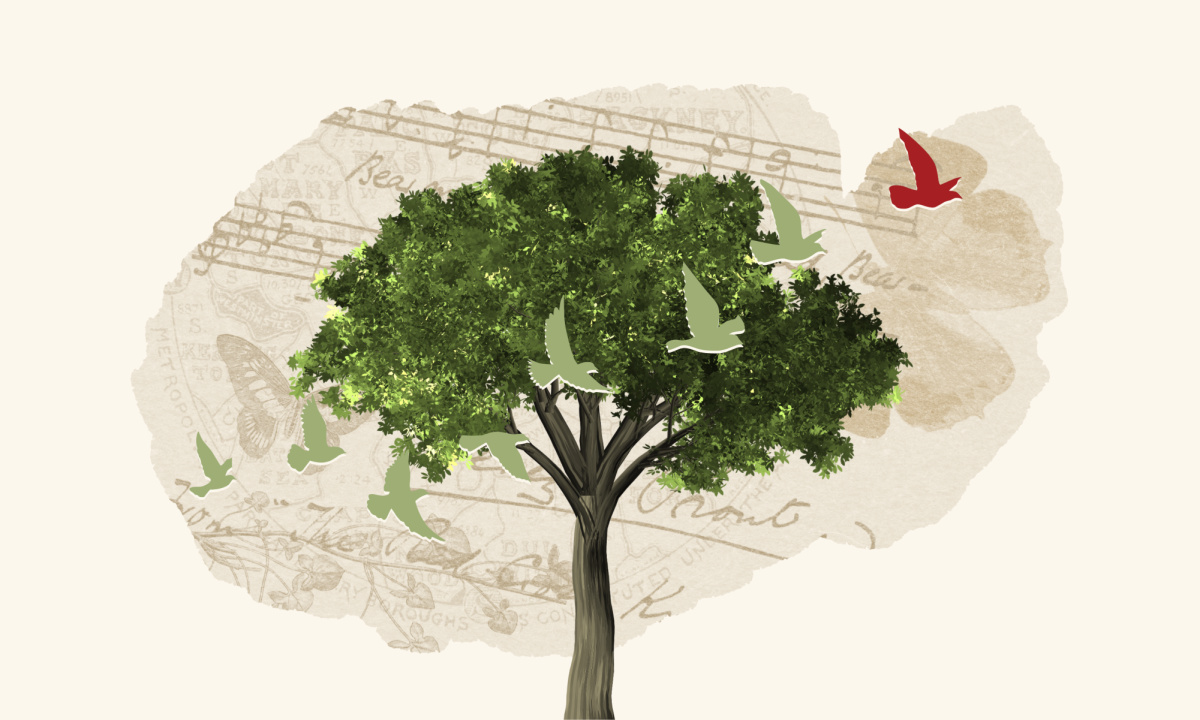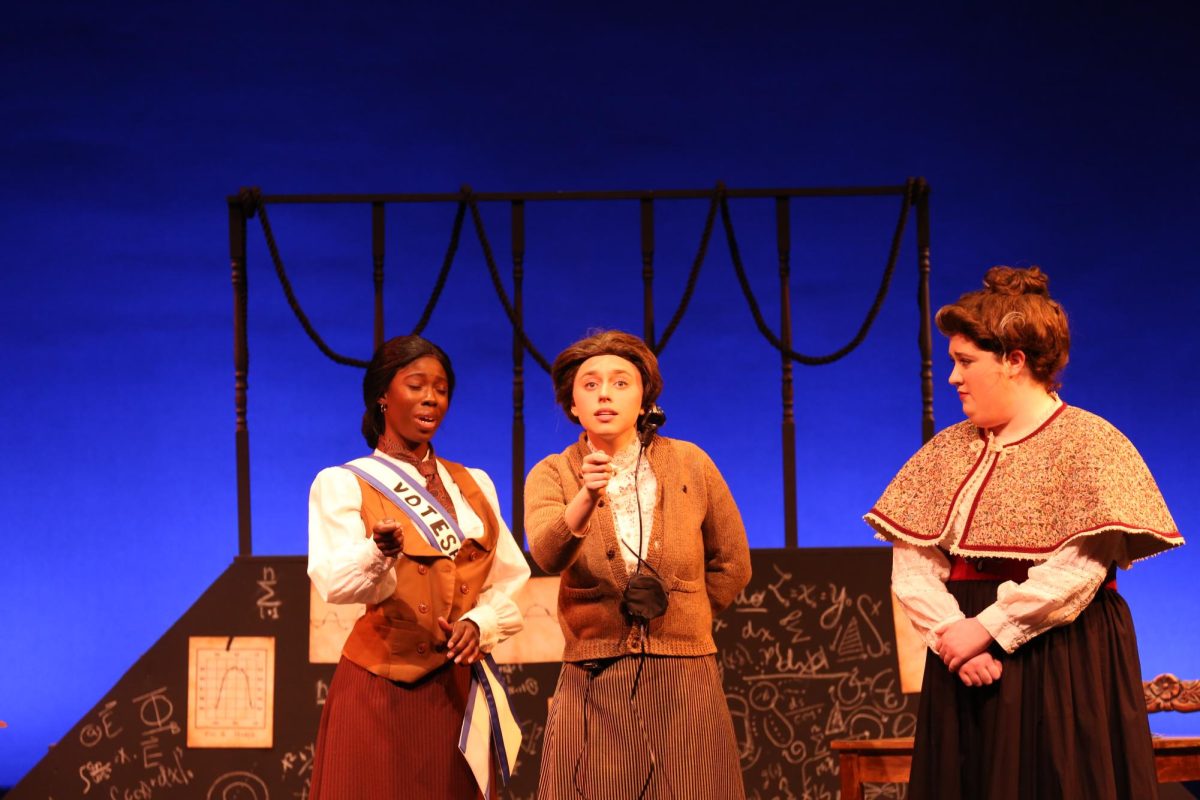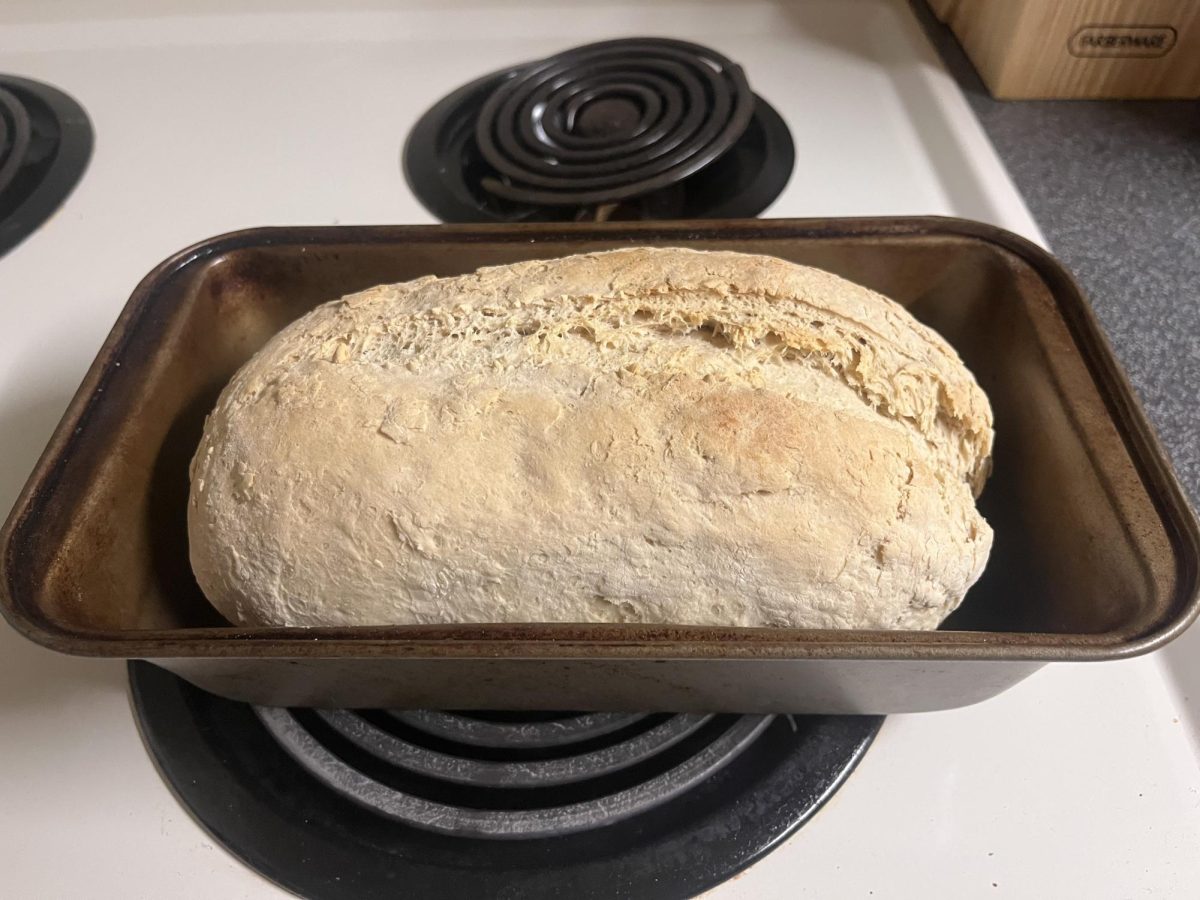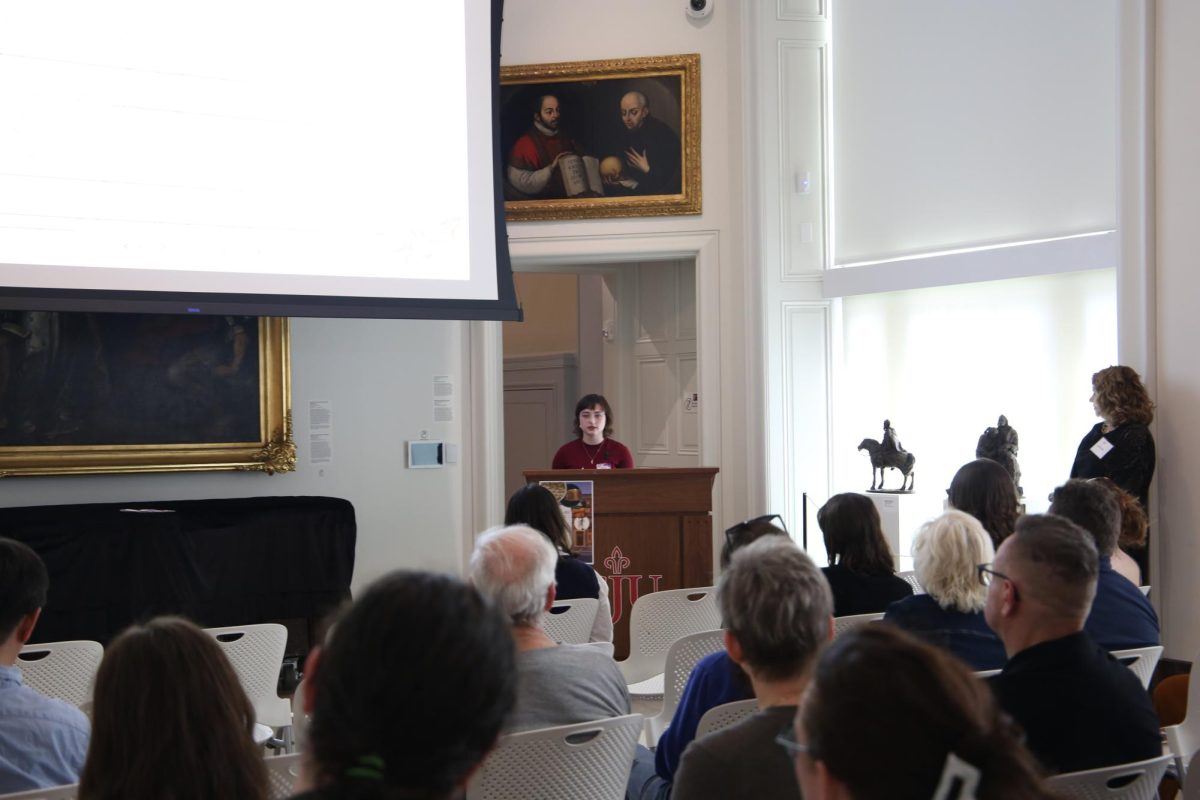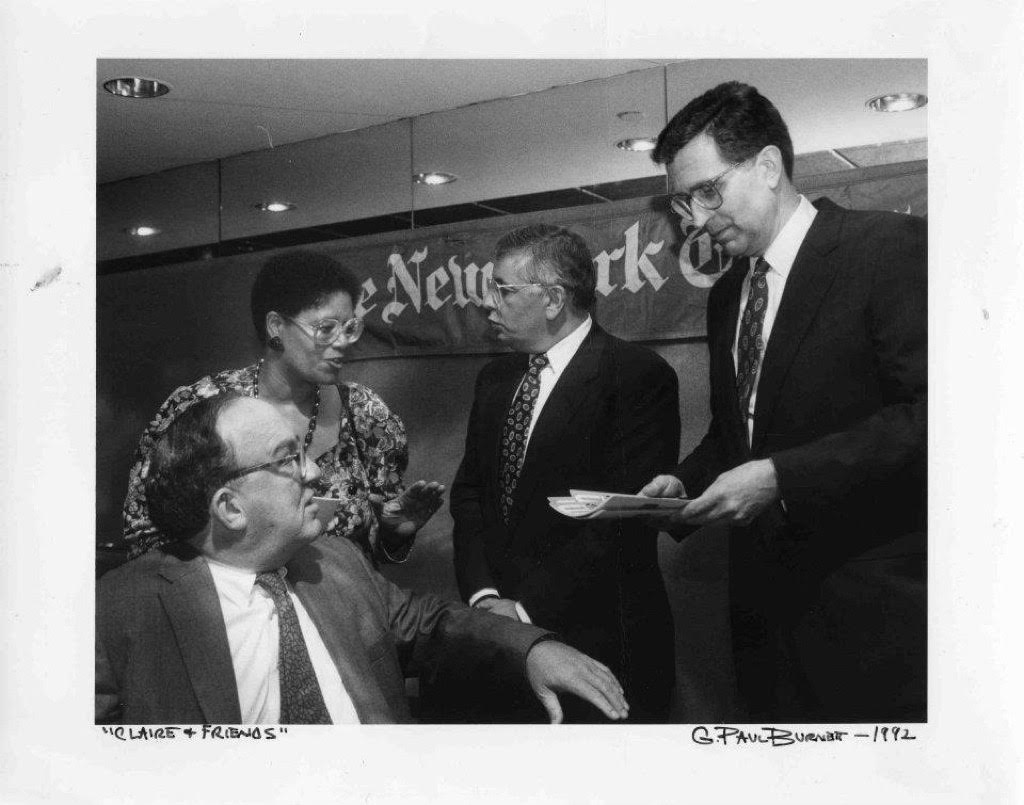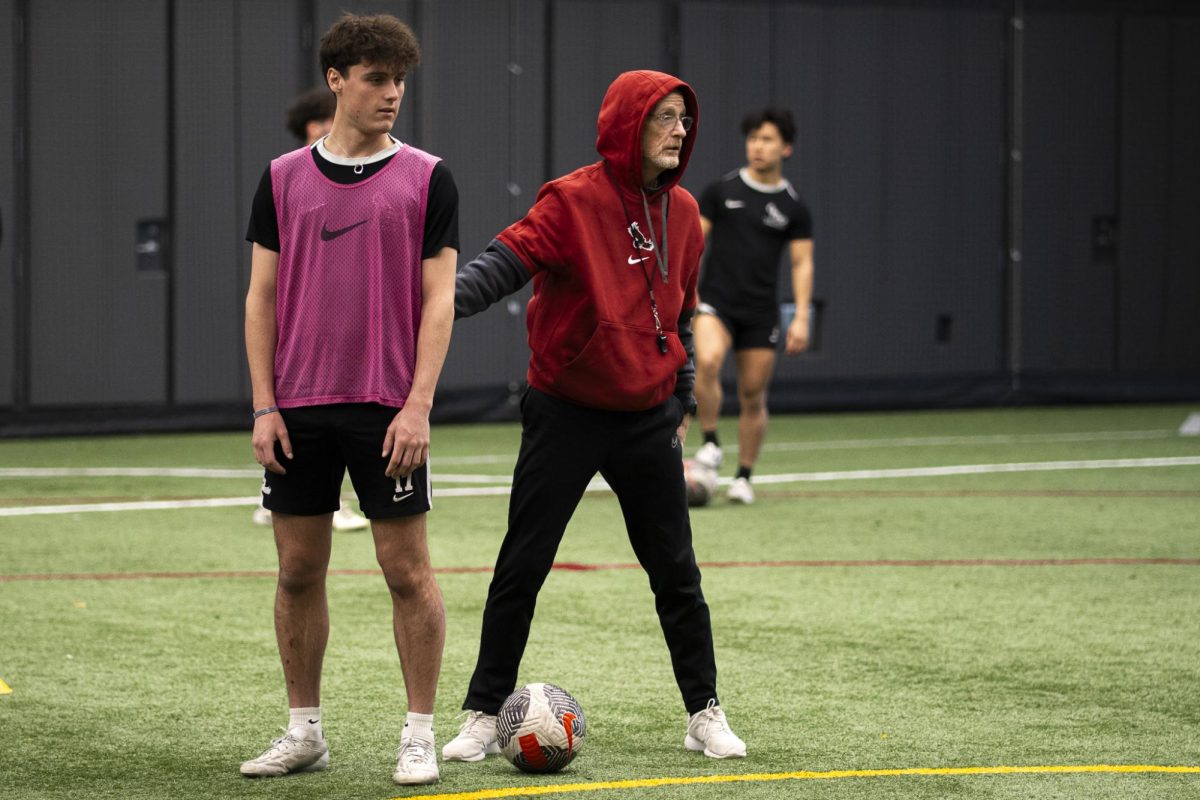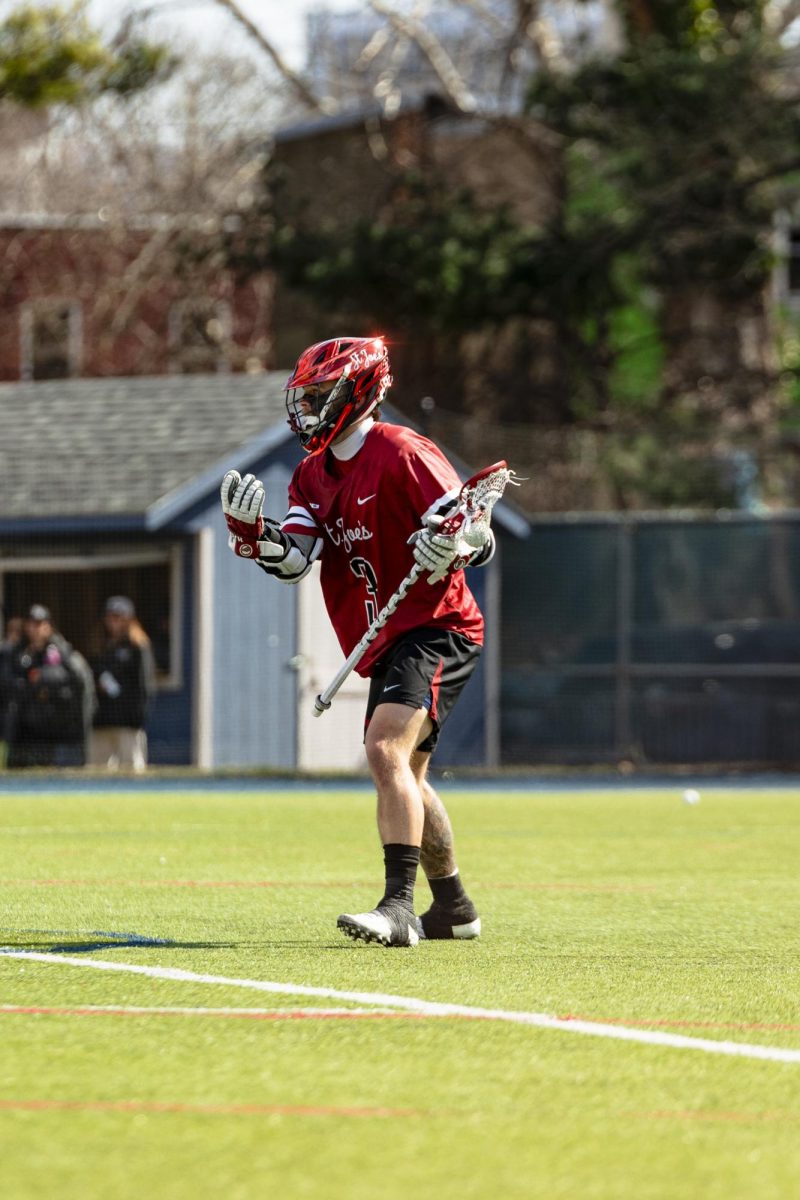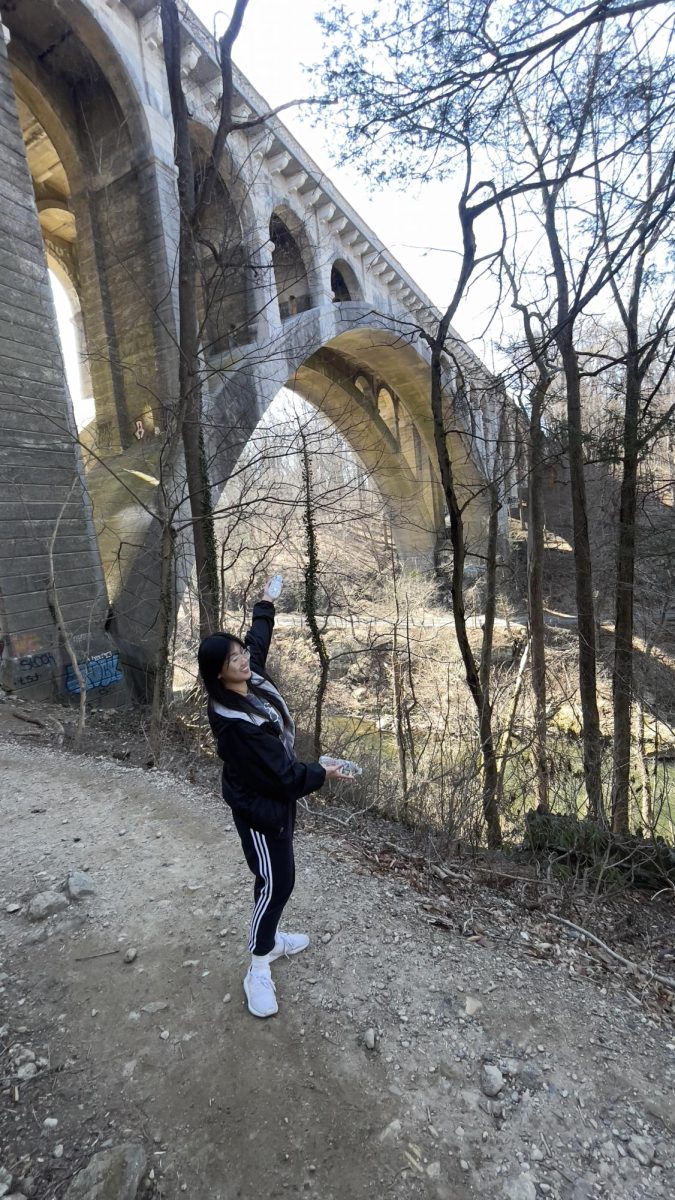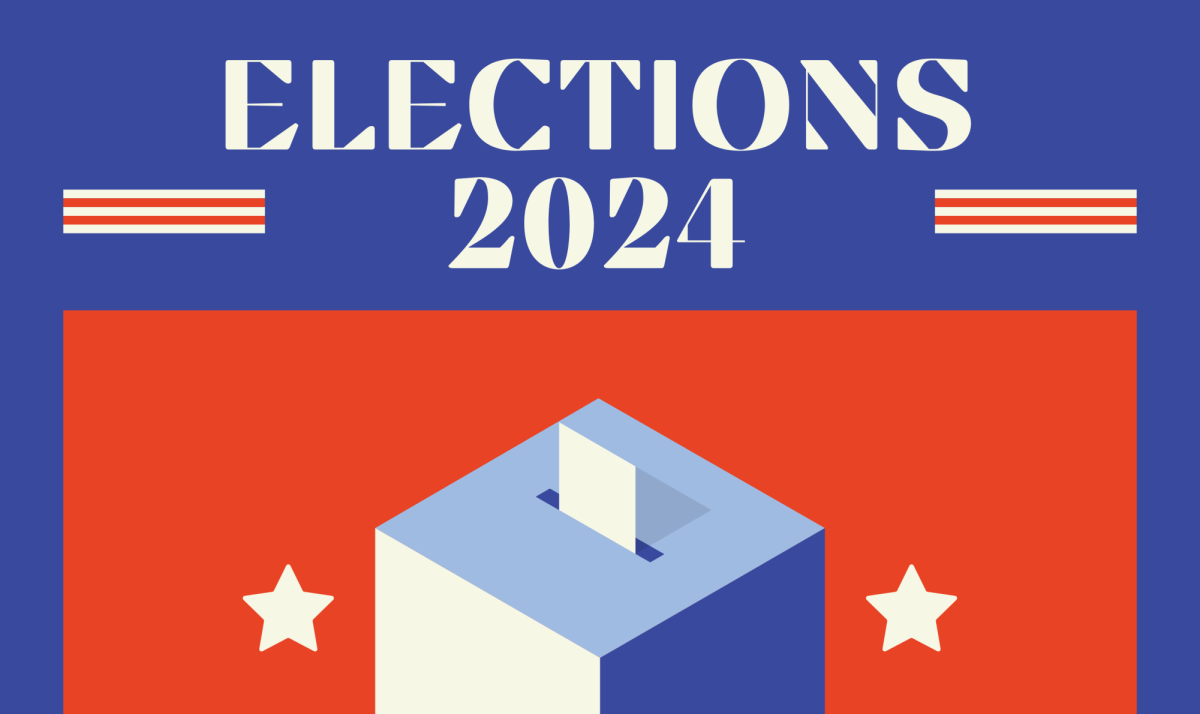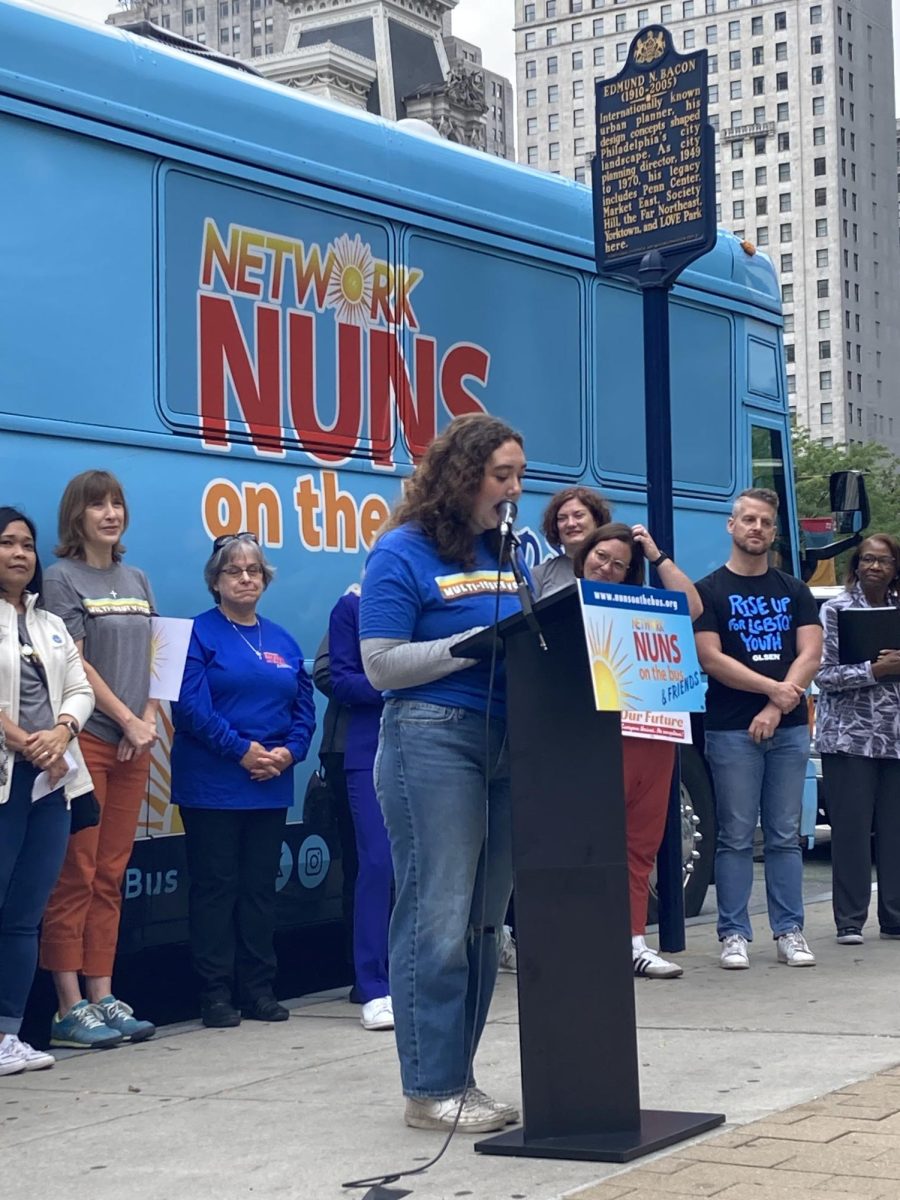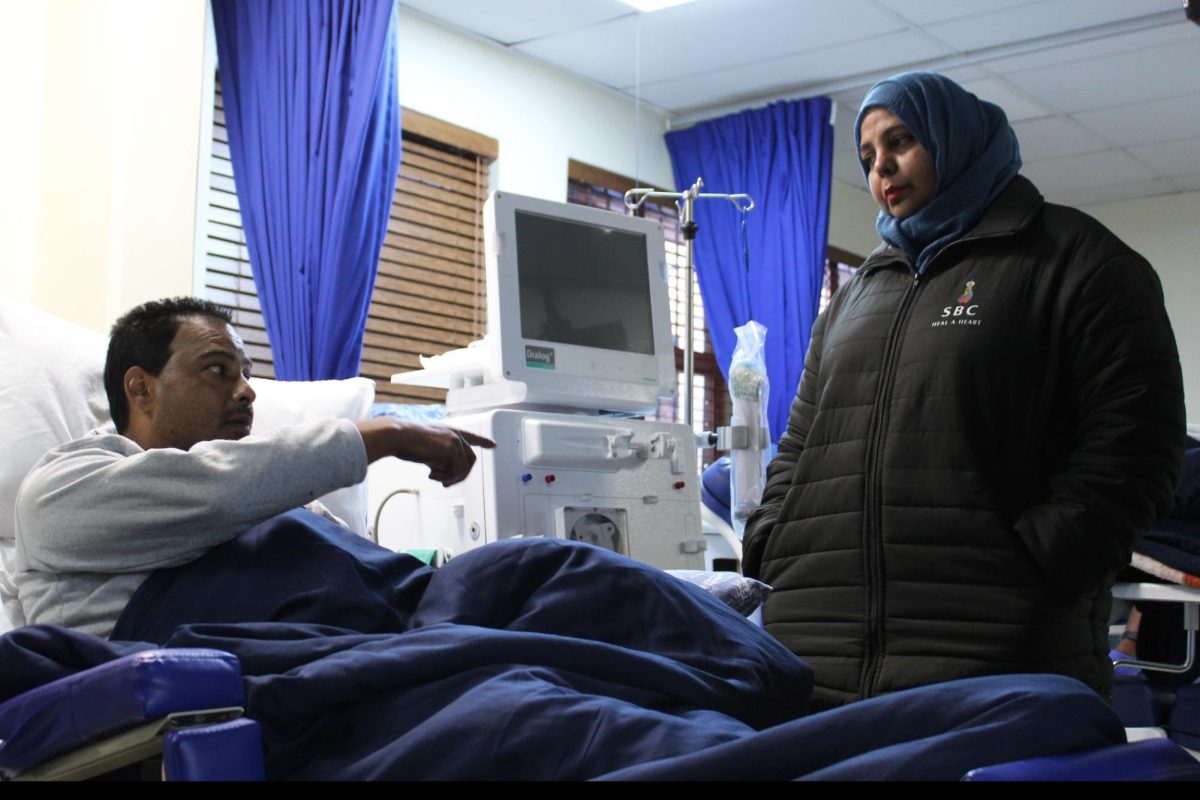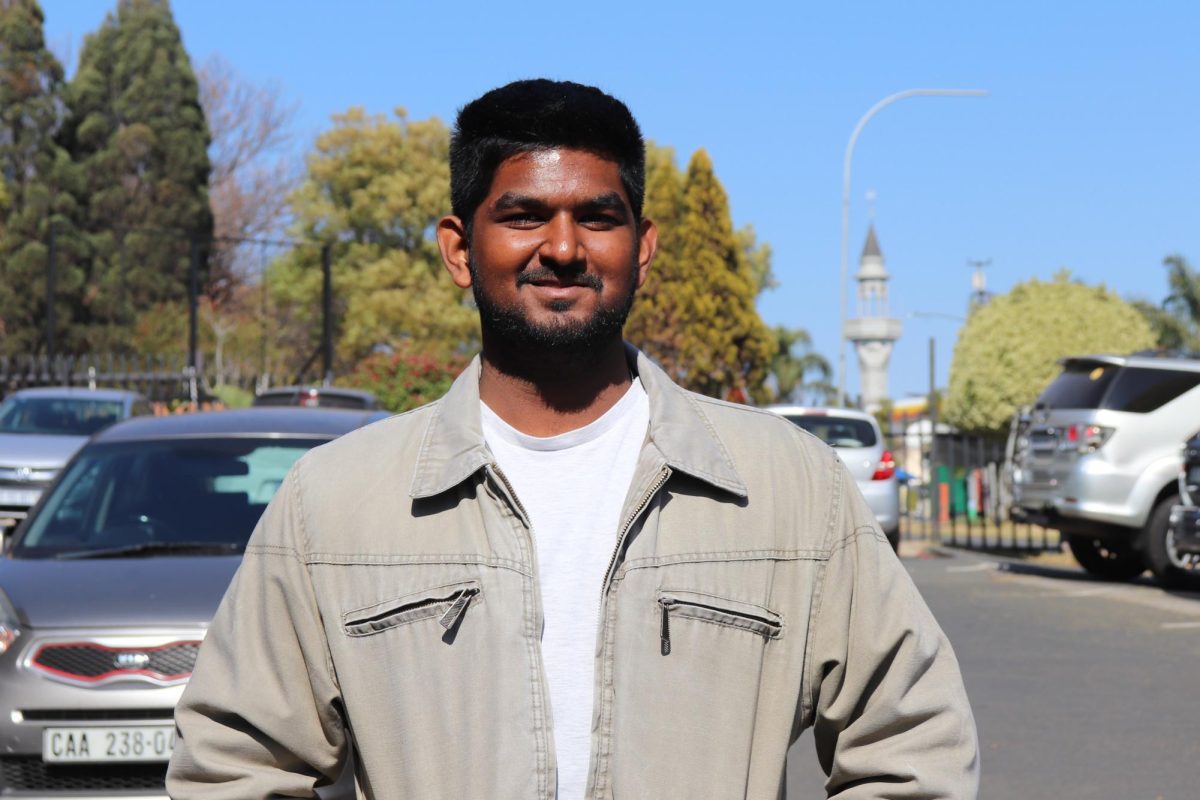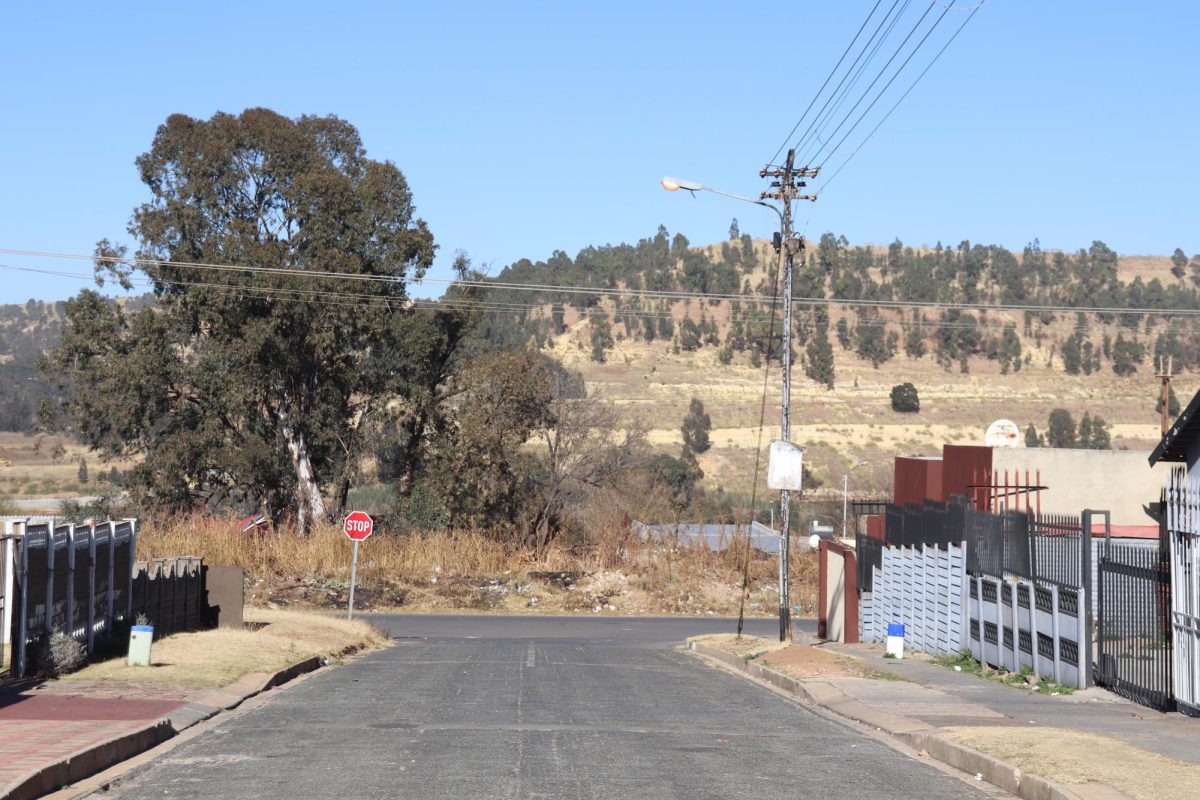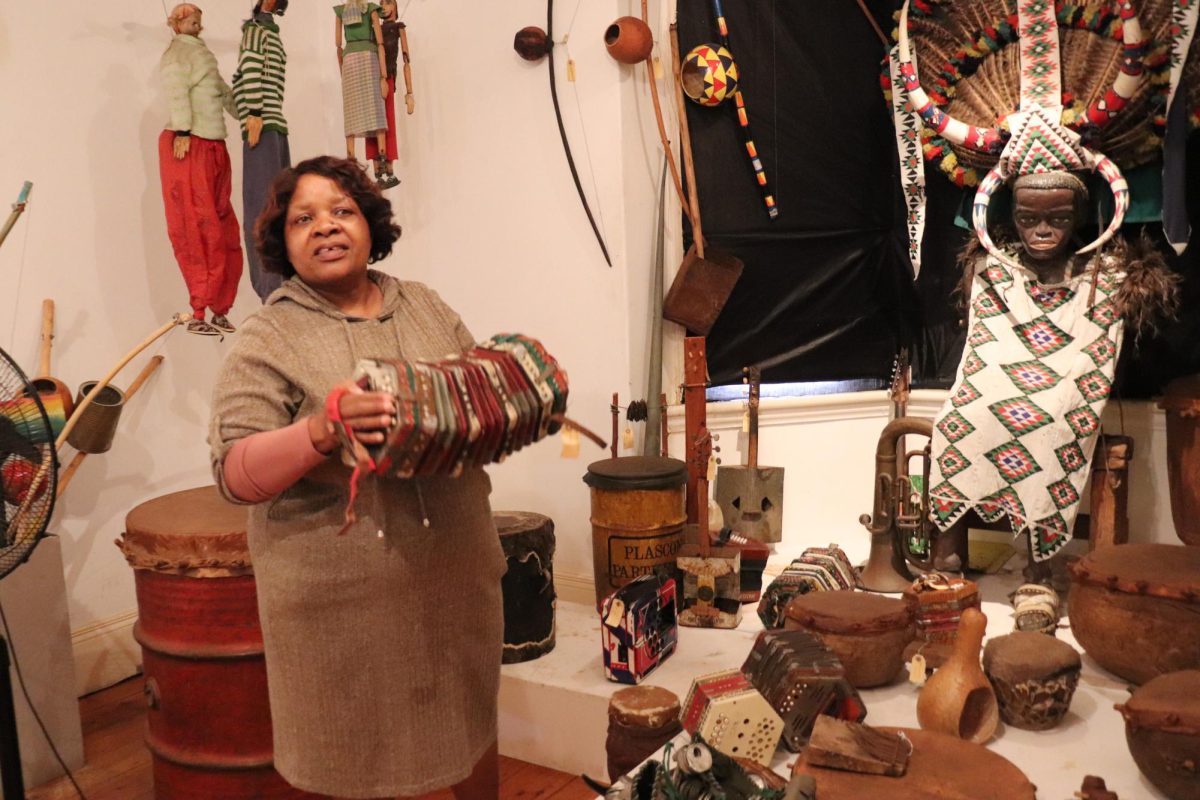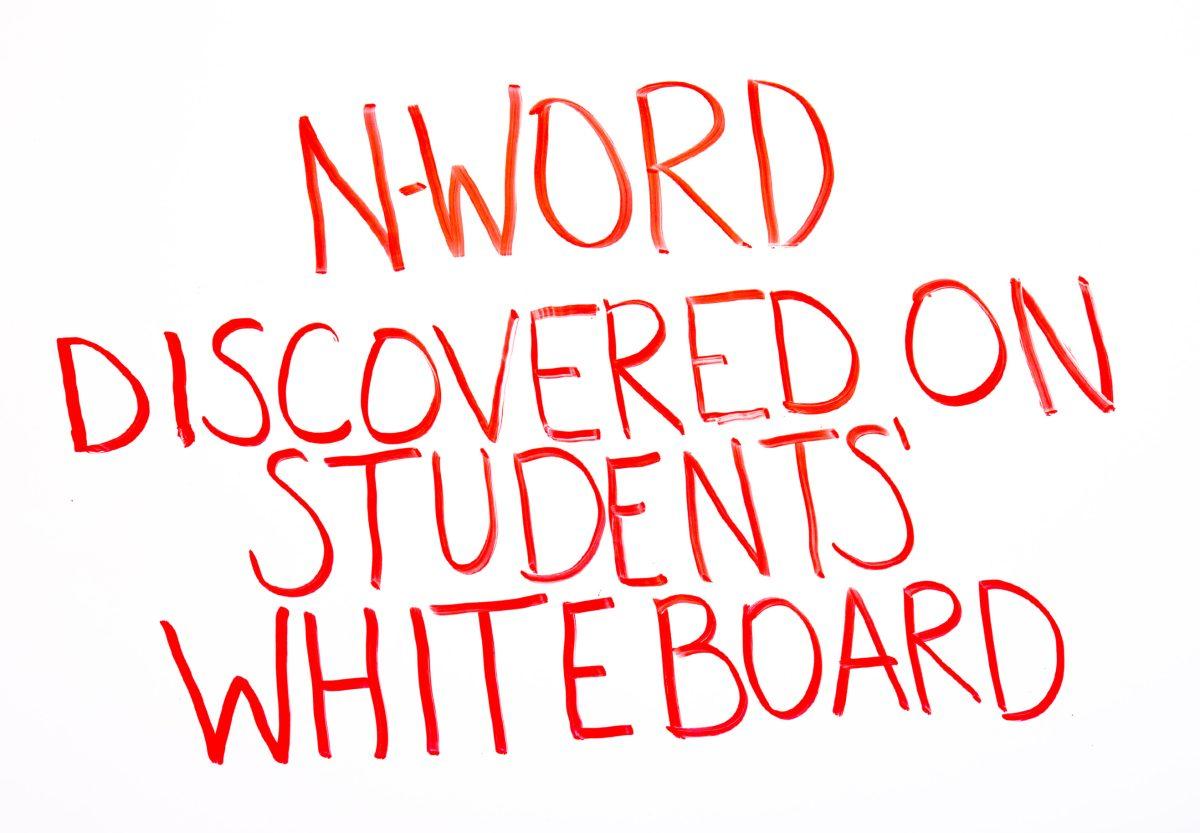The N-word was discovered Oct. 5 on a whiteboard of a suite door in LaFarge Hall, prompting a report of a bias incident to The Office of Public Safety and Security.
The residents of the suite had written the question “What’s your favorite cereal?” on the board. Below that, somebody wrote the N-word in response.
In the Oct. 9 issue of The Hawk, St. Joe’s included the incident, provided by Public Safety, in the weekly Public Safety report. Beginning last year, incidences of bias have been included in these reports. The report described the “bias incident” as “offensive graffiti” but no additional information was provided.
Wadell Ridley, interim chief inclusion and diversity officer, sent an email to university faculty, staff and students on Oct. 9 with the subject “A Message from the Interim CIDO.” The email described the challenges of his position and the mission of the university regarding inclusion and equity. Later in the email, the racial bias incident was mentioned.
“It is disappointing to learn of recent incidents of bias and exploitation,” Ridley wrote. “In the last few weeks, we have had two such incidents on campus whiteboards: one involving racist language and a second involving a sexually explicit drawing.”
Jane Ingram-Noel ’20, co-president of the Black Student Union (BSU), said St. Joe’s needs to be more open about the racial bias reporting process and the repercussions in order to see real change.
“A person’s not going to change if they don’t know what to change,” Ingram-Noel said. “Until the university directly opens up about it and tells us what actually happened, and then has policies that describe what the consequences of those actions are, I don’t see people here changing.”
In the email Ridley wrote that “appropriate disciplinary steps will be taken” and the “unacceptable actions of the few will not undermine the positive work and the goals of many.”
In an Oct. 17 email response to questions from The Hawk to explain how he plans to address this incident and others, Ridley wrote, “I am still refining the next steps, a conversation would be premature at this time, I’ll be in touch when I have a more specific update to share.”
Students who live on the floor, where at least six people of color live, were hesitant to speak about what happened. One resident on the floor, who requested to remain anonymous, said she was surprised by the incident.
“It baffled me because I couldn’t even think that would happen again, especially after how big of an uproar it caused last year,” she said. “I was just confused as to how someone could be OK with that, writing that and thinking it was a good joke. It’s not a joke. In any context, it’s not a joke.”
The Hawk reported on Nov. 28, 2018 an incident detailing two first-year students’ discovery of letters on a felt board on their door which had been rearranged to spell the word “coons.” The ensuing response from the community resulted in a sit-in at a Board of Trustees meeting, an open forum hosted by the BSU, and other campus discussions.
Following the response from reports of the incident, the university promised changes as detailed in an email from University President Mark C. Reed, Ed.D.
Still, Ingram-Noel said these incidents keep happening because the university has yet to give direct responses and communicate clear repercussions for perpetrators.
“Without response, or an appropriate response, from the university, I think people will continue doing it,” Ingram-Noel said. “Until they make it very clear and take every situation seriously and make sure it gets public out there, I seriously doubt that students [are] going to change and know that they have to change.”
One change implemented in the community standards process is the Bias Activity Response Group, which includes Ridley; Mary Elaine Perry, Ed.D., Title IX and bias response coordinator; Zenobia Hargust, chief human resources officer; and Art Grover, director of Public Safety.
“When these complaints come in, they are shared among the bias activity response group,” Perry said. “We’ll give recommendations to community standards around how we think something should move forward.”
Perry said community standards also made changes to the bias incident procedure from last year. Now, instead of one faculty member from community standards hearing the case, a community standards panel made up of a student, a faculty member and a staff member will hear the case.
“It would be an extenuating circumstance in which we would have a single administrator,” Perry said. “Ninety-nine out of 100 will be the [community standards] panel.”
The university has not yet identified who is responsible for writing the N-word on the whiteboard in LaFarge, but Perry said they are looking at all of the available information and speaking to people on the floor.
“If we can find out who did it, it would certainly go through the adjudication process,” Perry said. “If we can’t find out who did it, we just pay attention to the climate on the floor and see if there are other issues that percolate.”
Ingram-Noel said she wasn’t surprised that a racial bias incident, much like the one that occurred last year, happened again on campus, but she was surprised that it was kept quiet. She said she suspects the university feared the same negative attention it received last year after that incident went public.
But Ingram-Noel said the university’s silence leads to others being afraid to speak up because of lack of support.
“The people here on campus, they might experience something and they’re too afraid to say anything about it because they are the minority,” Ingram-Noel said. “Who would think their voices would be heard when they have thousands of other people who are not so much are against them but aren’t in [their] situation? Why would they care and want to make a change about it?”
Adam Mullin ’20, president of the University Student Senate (USS) , said in an email to The Hawk that he believes the first step to change is acknowledging that all students have an obligation to support and care about each other no matter what.
“We should take long, hard looks at ourselves and question whether we best respect others,” Mullin said in the email. “Only then can we turn outward to address larger structures and organizations that fail to meet the needs of all.”
Ingram-Noel said she thinks one way the university can address the racial climate at St. Joe’s is for the Jesuits to “use their knowledge and use their power on campus to speak out about it.”
Tom Brennan, S.J., English department chair, like many other individuals The Hawk spoke to, was unaware of the most recent racial bias incident. He said he was “horrified” about what happened last year and was “horrified again” when told about it.
“I think what we need to do is acknowledge that there is a racial issue, and that is a function of having a campus with people who are white and privileged,” Brennan said. “These incidents have to be at the center of our concern.”
Brennan, who teaches Craft of Language, includes a unit in his corse addressing privilege, specifically regarding race.
Many of his Jesuit and professor colleagues are also committed to teaching about racial injustices, according to Brennan. He said he will be adding this most recent incident to his discussions in class.
“The temptation is to see it as something in the past, that we fixed it, but we didn’t,” Brennan said.
Ingram-Noel said she is hopeful change will come.
“I just hope that St. Joe’s is ready for it,” Ingram-Noel said.

